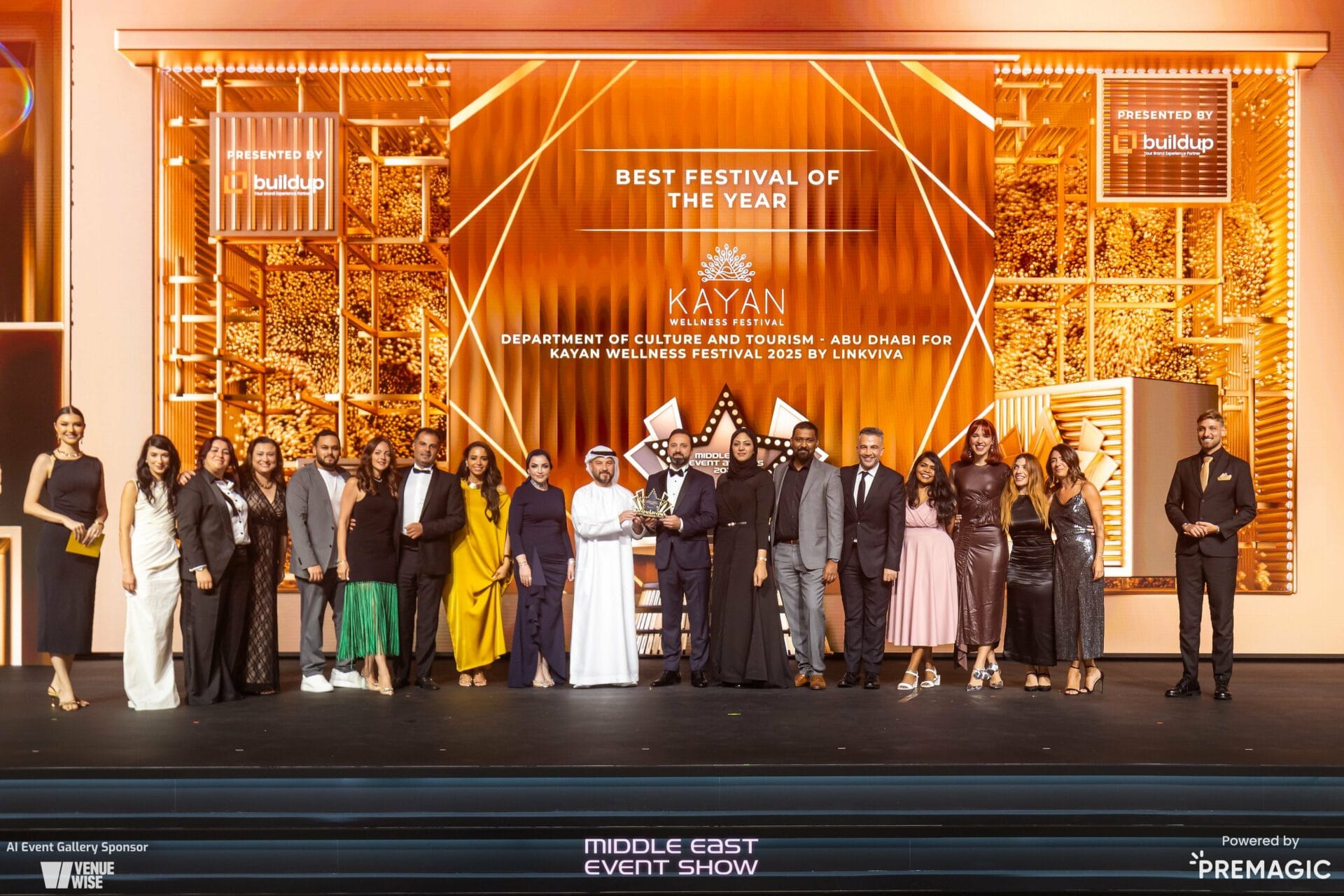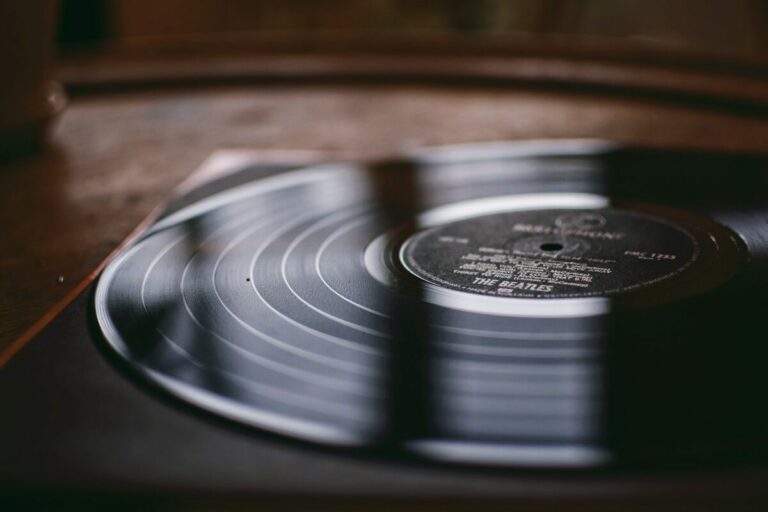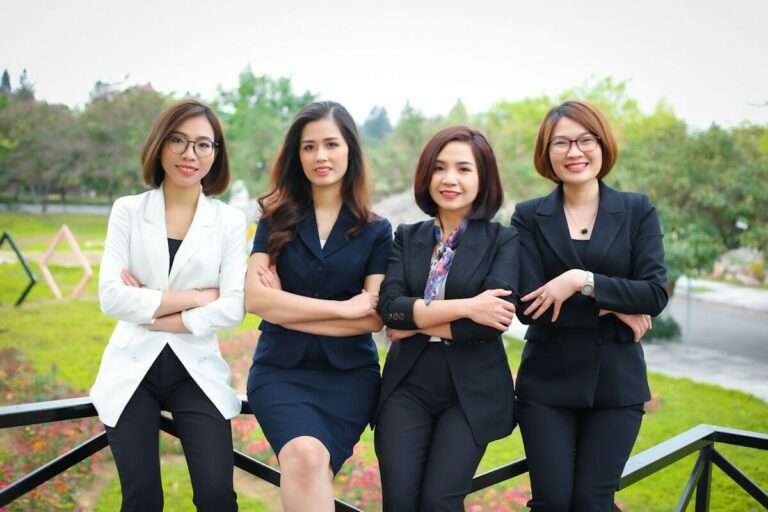Wellness Within: Inside Best Festival’s Big Vision, Mindful Experiences And Unforgettable Memories
Explore how the Kayan Wellness Festival blends sustainable travel, mindfulness and community with practical wellbeing sessions in a welcoming setting

Stepping off the boat onto Fahid Island in February, you might wonder whether you should have practised your downward dog or simply remembered to pack enough sunblock. The uncertainty hits most first-time wellness festival attendees – that nagging question about whether you’re prepared enough, zen enough or flexible enough to belong here.
Yet over 11,500 people made the journey to the Kayan Wellness Festival from 31 January to 2 February 2025, making it the largest wellness gathering in the Middle East. The three-day event, recently crowned Best Festival of the Year in the Middle East at the prestigious Middle East Event Awards 2025, drew an unexpectedly diverse crowd. Not everyone arrived as a seasoned meditator or devoted yogi.
Why Women Choose Wellness Festivals
The festival’s three zones – Mind, Body and Soul – offered different entry points for the curious and the sceptical alike. While some attendees had been following Sadhguru’s teachings for years, many others simply wanted to understand what all the wellness talk was about without committing to daily 5am meditation sessions.
‘We wanted to create something that felt accessible rather than intimidating,’ explains one festival organiser. The appeal seems to lie in the temporary nature of the experience – three days to explore practices you might never try at home, surrounded by others doing the same thing. Wellness gatherings can feel exclusive, and for good reason, but this felt genuinely welcoming.
The Reality Check
Seeing global wellness figures like Marisa Peer, the British therapist behind Rapid Transformational Therapy, or biohacking expert Gary Brecka speak to thousands of people reveals something interesting about the current wellness appetite. These aren’t just celebrity endorsements – they’re practitioners with decades of experience addressing very human concerns about stress, self-worth and health optimisation.
The festival’s practical sessions proved more accessible than many expected. Sound healing doesn’t require perfect technique. Breathwork sessions welcome beginners. Tai Chi moves at a gentle pace. The Wim Hof Method, despite its intimidating reputation, starts with simple breathing exercises. Pilates classes run at multiple levels throughout the day.
Festival attendees described the experience as ‘groundbreaking’ and ‘life changing’, though what made it feel meaningful varied considerably. Some connected with the spiritual elements, others appreciated the science-based approach to wellness that speakers like Gary Brecka brought to longevity and health optimisation.
Did People Actually Connect?
The question of whether wellness festivals foster genuine community or simply create another space for social comparison deserves honest examination. Early reports suggest the Kayan experience leaned toward connection rather than competition. The intimate musical journeys led by artists like Ape Chimba, Nessi Gomes and Aware created shared experiences that broke down the typical festival barriers.
The festival’s design seemed intentionally crafted to reduce intimidation factors. Multiple session times for popular workshops meant less pressure to secure spots. The island setting created natural conversation opportunities during walks between zones. Volunteers were trained to help newcomers navigate both the physical space and the unfamiliar wellness terminology.
Wellness- Mindful Routines
The festival’s solar-powered setup reflects broader sustainability initiatives across the Middle East, where major solar projects like Dubai’s Mohammed bin Rashid Al Maktoum Solar Park are reshaping energy conversations. But was this environmental consciousness visible to attendees, or merely background logistics?
The solar infrastructure proved both practical and symbolic. Attendees could see the panels powering stages and facilities, making the connection between personal wellness and planetary health more tangible than typical festival experiences. Events in the region increasingly need to demonstrate environmental responsibility.
According to festival feedback, some attendees did take home mindful habits – not necessarily the complex morning routines promoted by wellness influencers, but smaller shifts toward conscious breathing, regular movement or reduced screen time. The absence of pressure to maintain perfection seemed to make these changes feel more sustainable.
Is It Worth It?
The question isn’t whether three days can fundamentally change your life – it’s whether the experience offers enough genuine value to justify the investment of time and energy. For many first-time wellness festival attendees, the answer seemed to be yes, but for reasons they hadn’t expected.
Several participants mentioned feeling less overwhelmed than anticipated. The festival’s structure allowed for both immersion and breaks. You could attend intensive workshops with global experts, then spend time simply walking around the island. The pressure to maximise every moment – common at many festivals – felt notably absent.
What proved most valuable varied by individual: some appreciated exposure to practices they’d been curious about but hesitant to try solo, others valued the temporary distance from daily routines, and many simply enjoyed conversations with people sharing similar questions about health and wellbeing. The experience mirrors what many are seeking in wellness travel more broadly.
The festival organisers are already preparing for 2026, with plans to make the experience even more welcoming for newcomers. Based on this year’s success – both in attendance numbers and the Middle East Event Awards recognition – they’re clearly responding to genuine demand for accessible wellness experiences.
Whether wellness festivals represent meaningful personal development or simply well-marketed experiences remains a personal judgement. What’s clear from Kayan’s debut success is that many people are seeking spaces to explore wellbeing practices without the pressure of immediate perfection or lifelong commitment. Sometimes the most valuable aspect of a wellness festival isn’t what you learn about meditation or breathwork – it’s discovering that you don’t need to have everything figured out to belong in these spaces.





